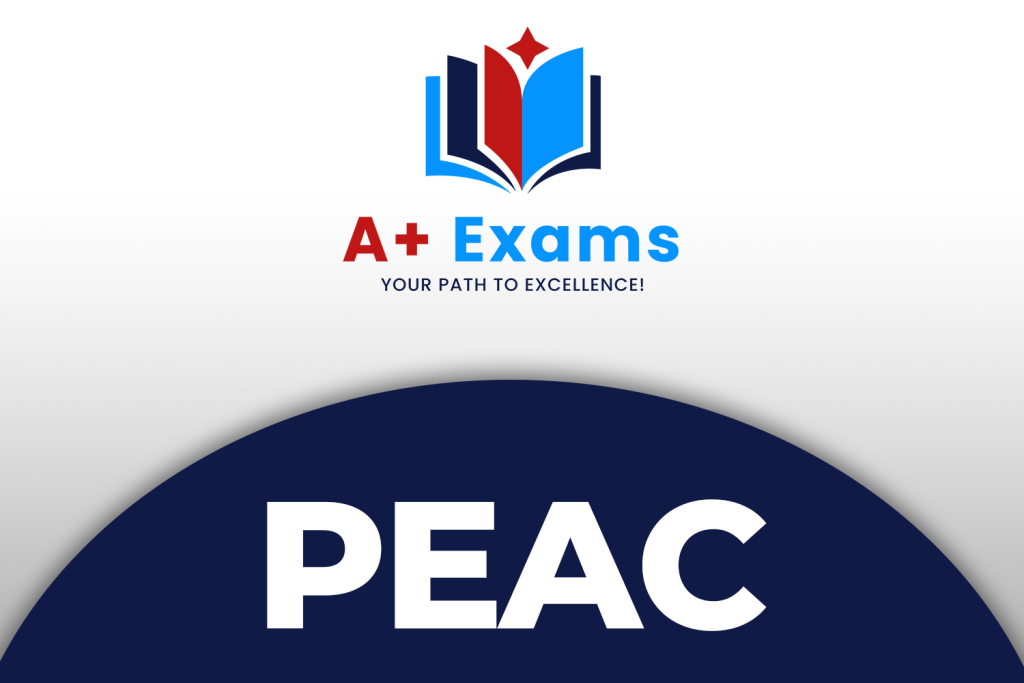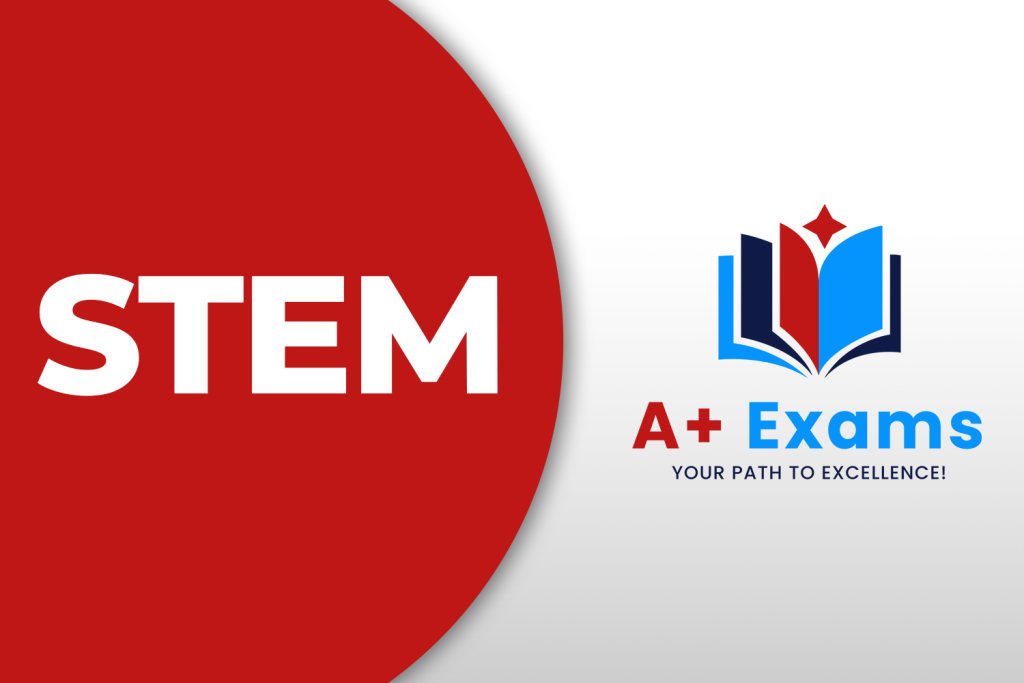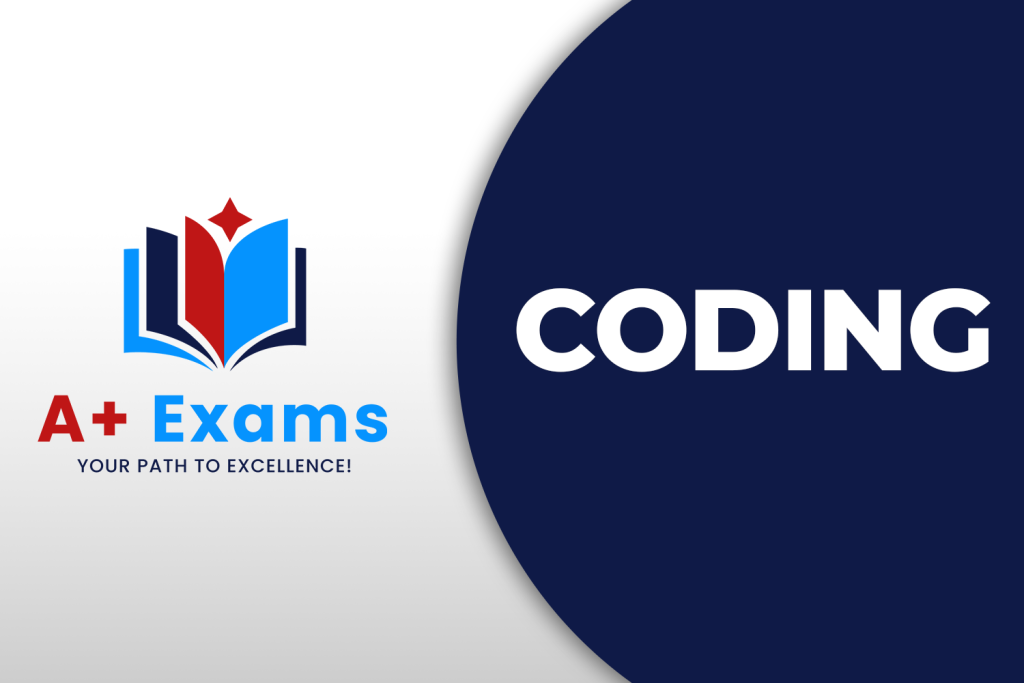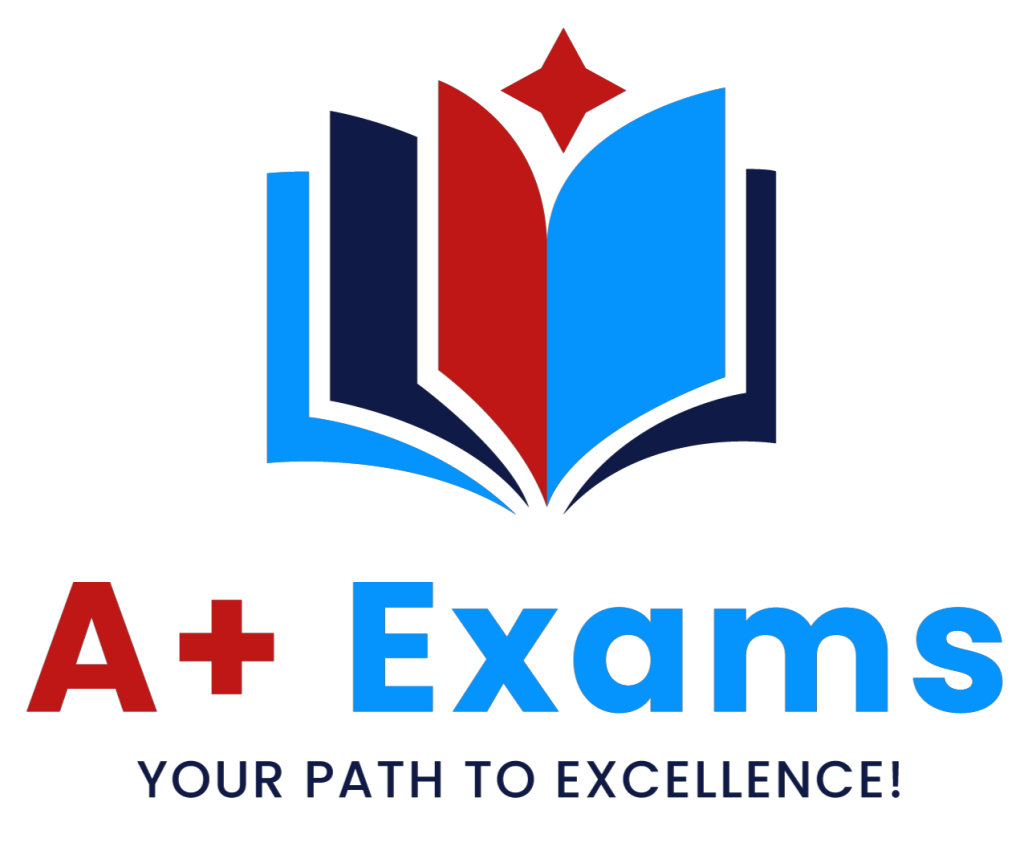Challenge Program
” To succeed in this new information-based and highly technological society, students need to develop their capabilities in STEM to levels much beyond what was considered acceptable in the past.” -‘National Science Foundation.’
Our challenge program focuses on:
Social interactions with gifted peers, Intellectual challenge, Pursuit of learning, Development of higher thinking, Problem solving, Digital Literacy, Critical Analysis, Coding.
Our challenge program is a group class focussing on STEM and Coding activities in a stimulating environment.
PEAC
Primary Extension And Challenge
In WA, statewide testing is conducted for year 4 students in term 3.
Other states have similar programs e.g. Opportunity Class testing in NSW, High-Ability program in Victoria and G.A.T.E.WAYS in ACT.
Scores from these tests are used in the selection of students for PEAC courses and extension in years 5 and 6. Tests measure the student’s ability to recognise patterns and predict with speed and accuracy; and their ability to apply their knowledge. Private schools also have these stimulating programs, and students are included either based on test scores or identification by teachers.
Did you know that only approximately 2.5% of students who are tested actually make it into the program? This represents about 880 students in total in WA. It’s an opportunity that you don’t want your child to miss out on!


STEM
Science, Technology, Engineering and Maths.
It may be hard to accept that our society is becoming increasingly global and automated. Your child will need increasingly competitive skills as they progress through school; and who knows what the workforce will look like in 10—15 years?
It is the way they learn, connect and interact in the digital world that will enable them to adapt and compete for careers and jobs.
STEM in early learning is not just about technology; it’s an approach to learning that helps develop critical thinking skills.
Coding
Coding for kids means teaching children computer programming skills in a fun and engaging way. Coding is the process of writing instructions for a computer to follow, and coding languages are very precise, logical, and often require great attention to detail: thinking ahead without being able to see the result until completed.
Through coding, children are able to make computers perform tasks and create digital media and technology, developing and using forward thinking, planning and reasoning skills
Learning to code is an opportunity for children of all ages to develop their problem-solving and critical thinking skills, while building the necessary focus and organization to see projects through to completion.

